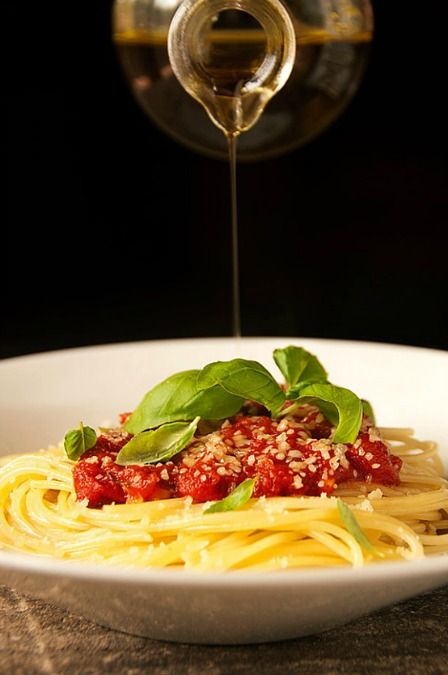5 Cooking Mistakes You Should Avoid That Cause Weight Gain
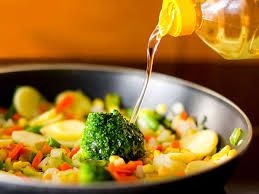

How many are you making?
Taking your meals into your own kitchen is one of the easiest (not to mention, cheapest!) ways to lose weight. Problem is, unless you’ve been schooled in the dos and don’ts of healthy chef-ing, it’s easy for your cooking habit to pack on the pounds, says nutritionist Rania Batayneh, M.P.H., author of The One One One Diet. So before you whip up another “healthy” meal, make sure you aren’t making these far-too common cooking mistakes:
1. Using the Wrong Oils
Pouring the wrong oil into your pan can do worse than make your eggs taste like olives. “When an oil heats past its smoke point, the fatty acid profile has degraded, producing toxins, free radicals, and even trans fats,” says Batayneh. She recommends using walnut or olive oil for salad dressings since they both can burn at high temperatures. Coconut, grapeseed, and sunflower oils, however, all have high smoke points, making them perfect for sautéing and grilling. Stock up on these four alternative cooking oils.
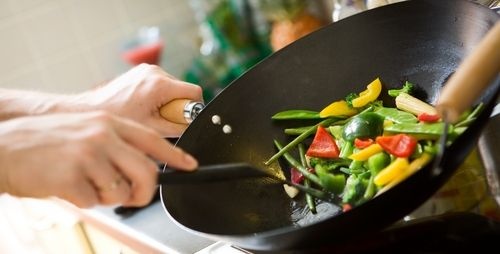
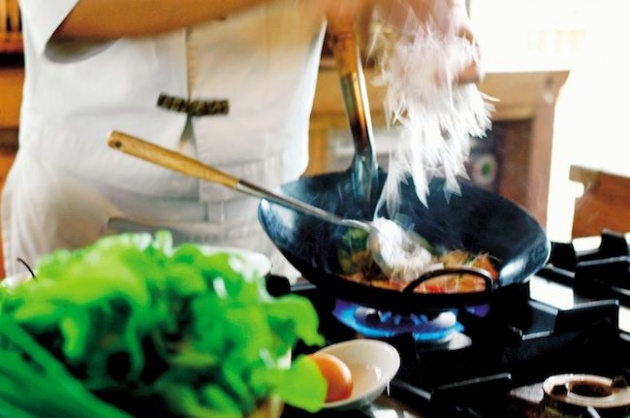
2. Thinking One Serving Size Fits All
You might be able to put away as much food as your partner, but that doesn’t mean it’s a good idea. So how big should your servings be? Check out these 19 ways to measure perfect and healthy portion sizes.
3. Baking Without a Roasting Pan
Baking is a great way to keep your dishes low-cal. But unless you set your meat on a rack, it’s just going to sit in and soak up its own grease, thwarting your weight-loss efforts, says Batayneh. Next time you pop some steak, pork, poultry, or even fish in the oven, make sure it’s on a roasting pan—or at least a wire rack in the bottom of your baking dish.
4. Skipping the Spice Rack
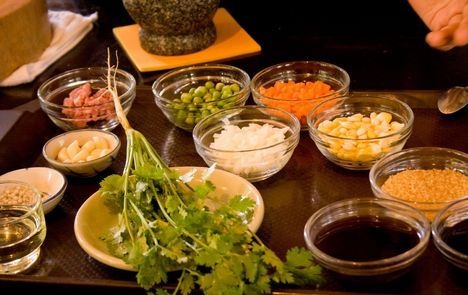
“We usually rely on sugar, salt, and fat for flavor, which can up the calorie count of a dish dramatically,” says Batayneh. “Using spices instead allows a cook to cut out those added sugars, oil, butter, or salt—and over time, you’ll also retrain your taste buds to not crave those salty, sugary, fatty additions.” Plus, herbs and spices pack a powerful punch of health-boosting, fat-fighting nutrients like vitamins, minerals, and antioxidants. Learn how to add spices to your favorite foods.
5. Using Too Much Oil
Healthy fats can help you lose weight, but not if you act like their calories—all 120 per tablespoon of them—don’t count. And when you’re using oil to cook and add flavor to your dishes, those calories can add up fast, says Batayneh. “When you’re cooking, use only enough oil to prevent sticking,” she says Not sure how much that is? Try investing in a spray bottle for your oil so you don’t overdo it by mistake. Find out how much fat is healthy.
This article was posted by : Roxy Lara in Dailt Health Tips

